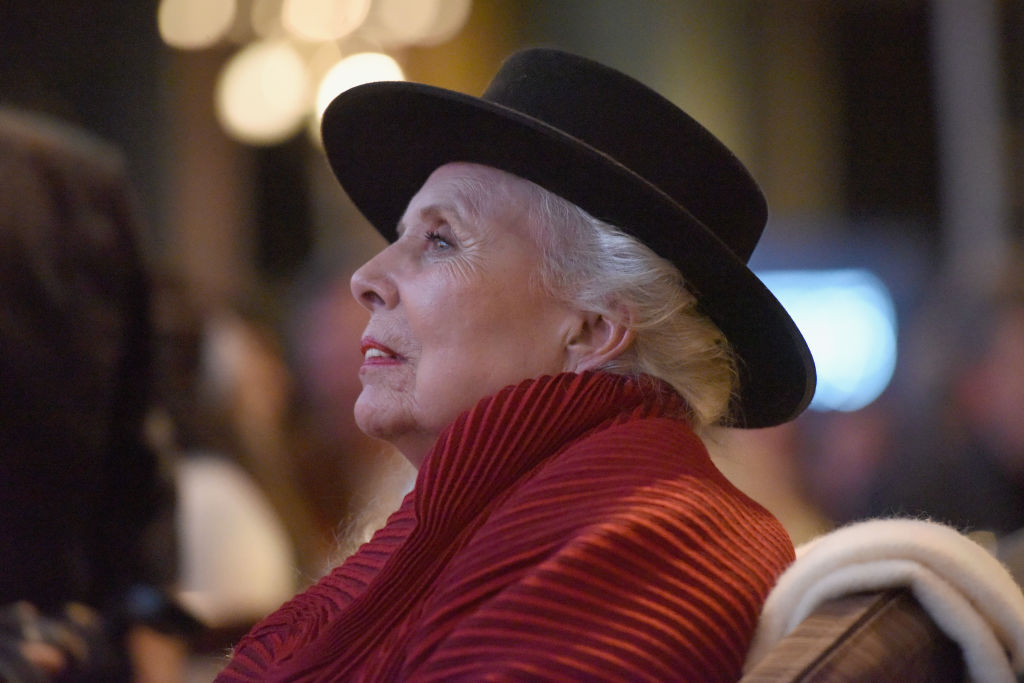Spotify faces the music amid Rogan row

Don’t it always seem to go that you don’t know what you got til’ it’s gone, sang Joni Mitchell back in 1970.
Fifty years later, it seems the 78-year-old is hoping to teach Spotify the exact same lesson.
The drama started when rock and roll icon Neil Young decided to boycott the streaming giant last week, after he accused its number one podcaster Joe Rogan of spreading vaccine misinformation.
In an open letter, he demanded it choose between his catalogue of hits and The Joe Rogan Experience, which has an estimated 11 million listeners per episode and is hosted exclusively by Spotify.
Mitchell came out in solidarity, supporting Young and the “global scientific and medical communities on this issue”.
Spotify backed US commentator Rogan.
It’s a question of priorities.
Over the past couple of years, Spotify has invested hundreds of millions into recasting itself as the go-to podcast provider. A key driver of this strategy has been the nature of exclusivity that comes alongside it.
Not only does exclusivity distinguish podcasts from music, which is generally shared across multiple platforms, but it also differentiates one rival from the next, making it attractive to advertisers.
In short, exclusivity begets subscriptions, which is the lifeblood of the streaming platforms.
As Alice Enders, senior researcher at Enders Analysis, told City A.M, this dynamic is undoubtedly at play in the case of Rogan, who signed a $100m (£75m) exclusivity deal with Spotify back in 2020. “He’s their baby and Spotify doesn’t really have a choice between Young or Rogan”, Enders said.
“Like a Netflix model, Spotify commissioned him, gave him a platform, and he therefore drives a lot of usage for the service. The choice is clear.”
Spotify shares dropped six per cent amid the Young row wiping more than $2bn (£1.5bn) from its market value thanks to Young’s protest.
In Enders’ view, there is a balancing act between the commercial benefits of podcasts and the political and culture wars that they may ignite.
“To be honest, Joe Rogan himself is the issue here and the use of his podcast as a political platform”, Enders told City A.M.
“I would imagine that Spotify is currently having a serious conversation with him about hijacking the opportunity it has given him.”
In fact, Enders instead underplays the impact of “vintage” artists such as Young, and claimed it would only be an effective boycott if artists like The Weeknd or Dua Lipa threatened to pull their hits: which is in itself unlikely because of powerful labels.
Yesterday Meghan Markle and Prince Harry said they had relayed their “concerns” to Spotify management – but would continue their £18m content deal with the firm.
Nevertheless, what the recent saga does show is that podcast growth is a double-edged sword. Whilst it allows streaming services to set themselves apart, it also leaves them vulnerable to the controversies that linger behind each podcaster.
With Spotify releasing its fourth quarter results this week, it will be interesting to see what it pulls out of the bag to boost investor confidence in its podcast push. Or if it will have to rethink a model hinged on the politics pushed by its ‘stars’.